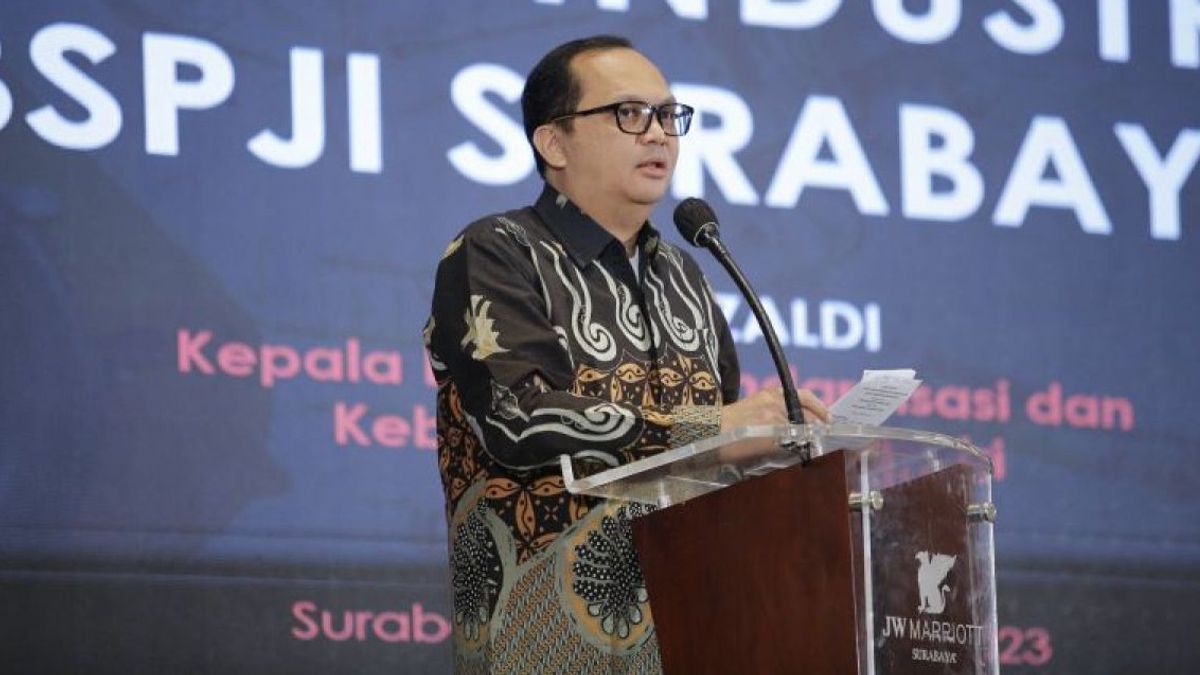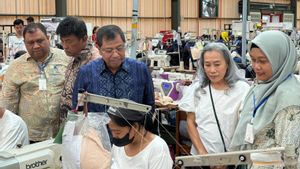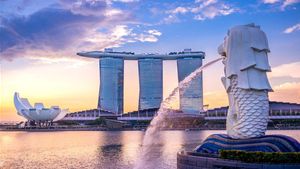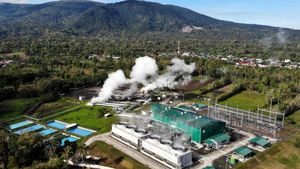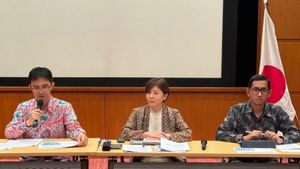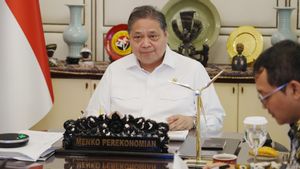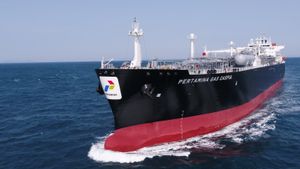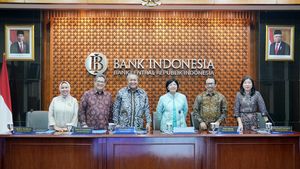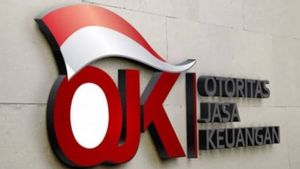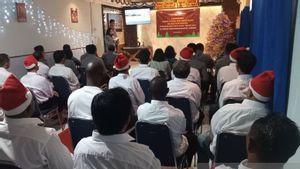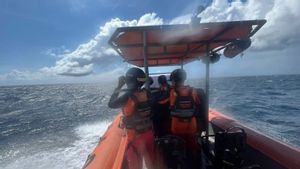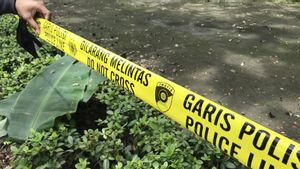The Ministry of Industry (Kemenperin) encourages industrial areas that are already operating to be involved in the management of carbon capture, utilization and storage (CCUS) or capture, utilization and future carbon storage.
This is one method to reduce carbon dioxide (CO2) emissions in accordance with the mandate in Presidential Regulation (Perpres) Number 24 of 2024 concerning the Implementation of Carbon Arrest and Storage Activities.
"Currently, with Presidential Decree Number 24 of 2024 concerning Management for Carbon Capture Storage, we also encourage this (industrial) area to operate CCUS," said Head of the Ministry of Industry's Standardization and Industrial Services Policy Agency (BSKJI) Andi Rizaldi, written Friday, July 5.
According to Andi, currently there are around 50 industrial companies in the Indonesia Morowali Industrial Park (IMIP) area of Central Sulawesi.
Therefore, his party encourages these industrial companies to be involved in CCUS activities.
"There are at least 50 industries in IMIP, not yet other areas, for example in Pulo Gadung, Jababeka, MM2100 and so on. By building CCUS in the area, it means that at least a number of tenants have been captured in the area. Well, we are pushing to prepare/examine industrial areas as well as CCS or CCUS managers," he said.
On the other hand, Andi said, the Ministry of Industry is not only carrying out its duties to develop products, but also to develop industrial estates.
"Because the facts may be in some places, if there is no industrial area, it will be easy to conflict with the surrounding environment or the surrounding community," he said.
"There are conflicts, such as social conflicts, usually when a factory is built there are many boarding houses and places to live, especially new factories. Yesterday I just visited the Morowali industrial area, it is possible that there will be social conflicts, for example," he added.
SEE ALSO:
Then, continued Andi, if there are no industrial areas, it is feared that other conflicts could occur, such as environmental conflicts.
"By forming industrial estates, we can localize the possibilities of waste that can come out. In regional management, we also apply AMDAL carried out by friends at the Ministry of Environment and Forestry (KLHK)," he added.
The English, Chinese, Japanese, Arabic, and French versions are automatically generated by the AI. So there may still be inaccuracies in translating, please always see Indonesian as our main language. (system supported by DigitalSiber.id)
